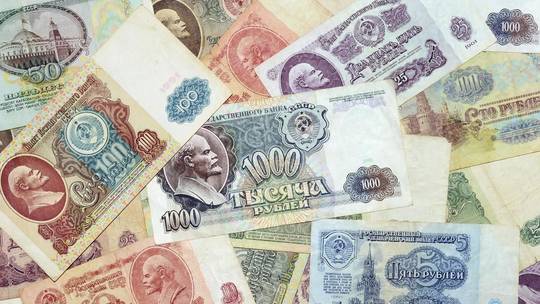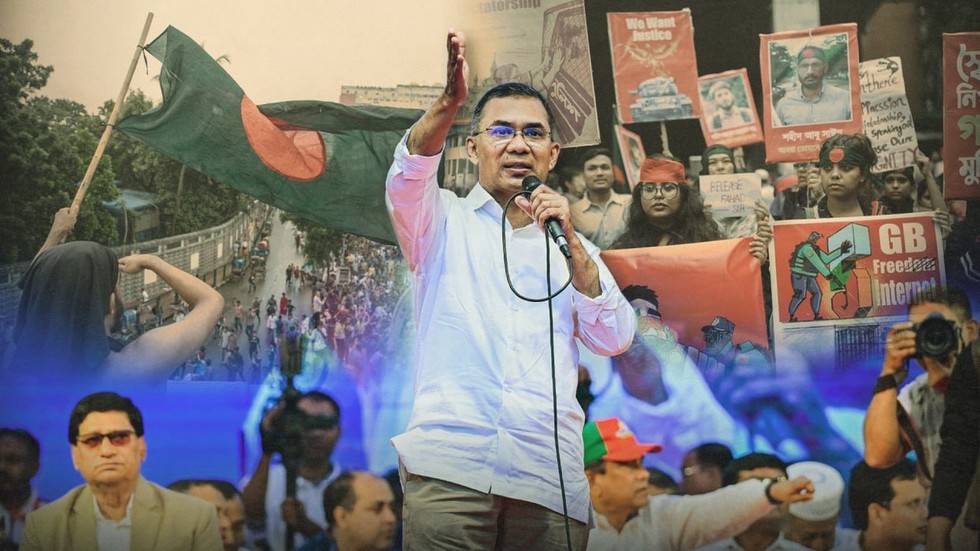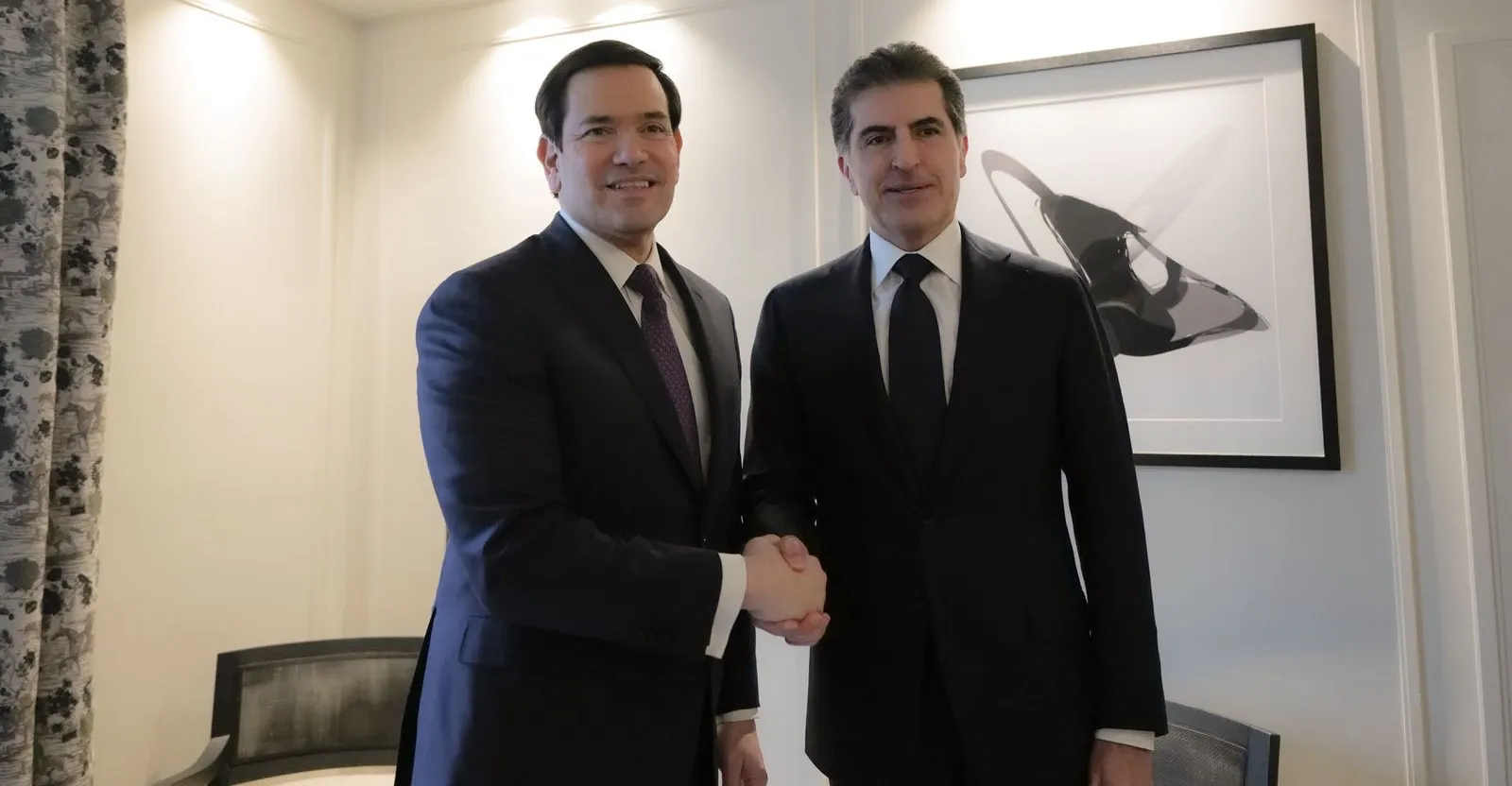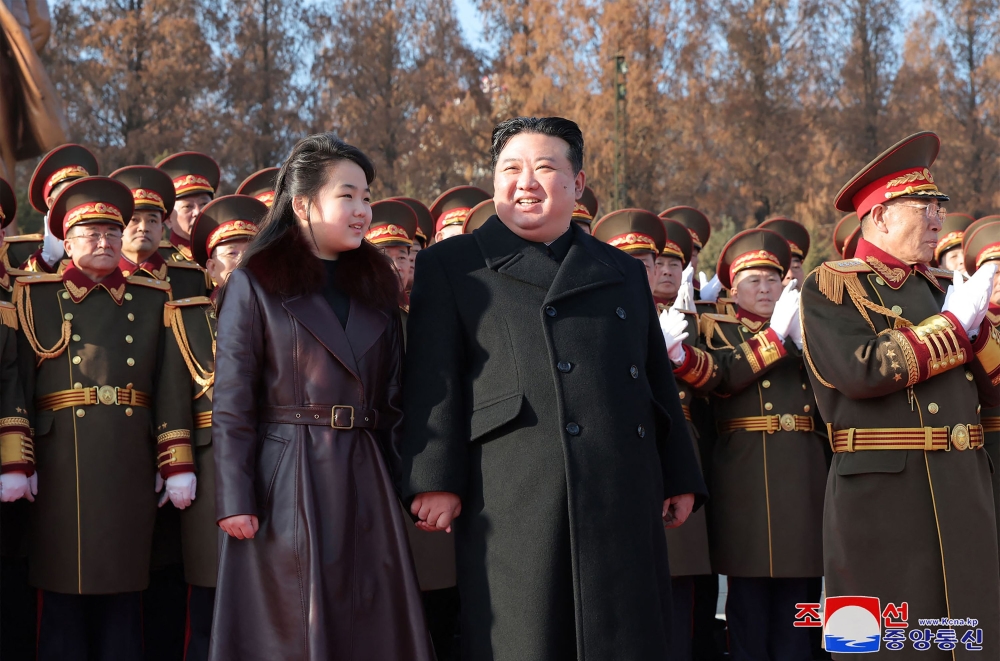Sudan and the Unforgivable Crimes of Civil War
Dr Sirwan Abdulkarim Ali

Throughout human history, civil wars have represented the most devastating form of organized violence, conflicts where nations turn weapons upon themselves, where neighbours become enemies, and where the fundamental bonds of society disintegrate. From Caesar’s Civil War (49–45 BC) to the Spanish Civil War (1936-1939), from the American Civil War (1861-1865) to Rwanda's genocide (1994), from Yugoslavia's disintegration (1991-2001) to Syria's ongoing catastrophes (2011-present), civil wars share a common characteristic: they obliterate the distinction between combatant and civilian, transforming entire populations into victims. Sudan's current conflict, which erupted in April 2023, exemplifies this pattern with extraordinary brutality, while the international community's silence compounds the tragedy with shameful complicity.
Unlike interstate conflicts, which at least nominally operate within frameworks of international humanitarian law, civil wars systematically violate every principle of human dignity. The Geneva Conventions, designed to protect civilians and regulate warfare, become meaningless when combatants view their own population as the enemy. In civil war, there are no rules, only the law of force. There is no mercy, only the logic of revenge. There are no regulations; only the escalating cycle of atrocity.
History demonstrates this consistent pattern. During the Chinese Civil War (1927-1949), millions of civilians perished not from combat but from starvation, disease, and deliberate massacres. The Nigerian Civil War (1967-1970) killed an estimated two million people, predominantly through famine weaponized by the federal government's blockade of Biafra. In Lebanon's fifteen-year civil war (1975-1990), militias systematically massacred civilians based on religious identity, with the Sabra and Shatila massacre of 1982 leaving up to 3,500 Palestinian and Lebanese Shiite civilians dead. The Cambodian Civil War culminated in the Khmer Rouge genocide (1975-1979), exterminating approximately 1.7 million people, a quarter of the population.
Sudan's current war between the Sudanese Armed Forces (SAF) and Rapid Support Forces (RSF) continues this grim tradition. Since April 2023, more than 150,000 people may have died, with over 14 million displaced; nearly one-third of Sudan's population. What makes Sudan extraordinary is not the pattern of violence, which tragically mirrors historical precedents, but its scale, intensity, and the international community's extraordinary failure to respond.
In every civil war, children bear disproportionate costs. They are killed in crossfire, deliberately targeted, forcibly recruited as soldiers, separated from families, deprived of education, and condemned to watch violence that scars them psychologically for life. The United Nations has documented over 900 grave violations against Sudanese children between June and December 2024 alone, with 80% involving death or maiming. More than 522,000 children have died from famine, a death toll exceeding the total casualties of many wars.
UNICEF recorded 221 child rape cases in Sudan during 2024, including sixteen children under five years old and four one-year-old infants. These statistics represent documented cases only; the actual numbers are certainly far higher. In Zamzam displacement camp in North Darfur, one child died every two hours at the height of the crisis. Nearly 800,000 Sudanese children face severe acute malnutrition requiring immediate intensive care to prevent death.
This pattern is repeated across the history of civil wars. During the Spanish Civil War, thousands of children perished in bombing campaigns that pioneered modern aerial warfare against civilian populations. In Bosnia's civil war (1992-1995), children comprised significant portions of the approximately 100,000 dead. Syrian children have been gassed with chemical weapons, barrel-bombed in their schools, and drowned fleeing across the Mediterranean. The Sierra Leone Civil War (1991-2002) became notorious for systematic mutilation of children and forced recruitment of child soldiers, some as young as eight years old.
Civil war does not merely kill children but it robs them of their childhood, their education, their futures, condemning entire generations to cycles of trauma and violence.
Women in civil war endure compounded suffering: they lose sons, fathers, brothers, and husbands to violence; they assume sole responsibility for family survival amid chaos; and they become targets of systematic sexual violence used as a weapon of war. In Sudan, over 12 million women and girls now face risk of sexual violence, an 80% increase from pre-war levels. The RSF has weaponized rape, gang-raping women in front of their families, holding them in sexual slavery for weeks, and forcing them into marriages with fighters.
Healthcare providers in Khartoum treated 262 survivors of sexual violence between April 2023 and February 2024, with victims ranging from nine to sixty years old. In South Darfur, Médecins Sans Frontières cared for 659 survivors between January 2024 and March 2025. These documented cases represent only a fraction of actual assaults, as stigma, lack of access to healthcare, and ongoing insecurity prevent most survivors from seeking help.
This too follows historical patterns. During the Rwandan genocide, an estimated 250,000 to 500,000 women were raped. In Bosnia, systematic rape camps were established where women were held for months and subjected to repeated sexual violence; tactics the International Criminal Tribunal for the former Yugoslavia later prosecuted as crimes against humanity. In the Democratic Republic of Congo's ongoing civil conflicts, sexual violence has been so widespread that the UN Special Representative called it "the worst in the world." In Liberia's civil war (1989-2003), an estimated 40% of women and girls experienced sexual violence. Women in civil war face the impossible burden of grieving their dead while simultaneously fighting to keep remaining family members alive, all while under constant threat of sexual violence that both warring factions use to terrorize and control populations.
Civil wars consistently produce three additional symptoms that mark societal collapse: systematic looting, mass graves, and massive displacement.
Looting in civil war transcends simple theft; it represents the deliberate destruction of economic foundations and cultural heritage. In Sudan, fighters have systematically looted hospitals, schools, businesses, and homes, stripping communities of everything necessary for survival or recovery. This pattern appeared in Syria, where entire industrial districts were dismantled and shipped abroad; in Iraq, where cultural artifacts spanning millennia were destroyed or sold; and in the former Yugoslavia, where systematic looting accompanied ethnic cleansing.
Mass graves mark the landscape of every civil war. In Sudan, UN investigators have documented mass graves containing Masalit civilians in West Darfur, with tribal leaders reporting over 10,000 killed by mid-2023. These graves join those from Bosnia, where over 8,000 Muslim men and boys murdered at Srebrenica in 1995 were buried in mass graves; from Rwanda, where memorial sites contain remains of hundreds of thousands.
Displacement represents civil war's most visible symptom. Sudan now hosts the world's largest displacement crisis, with 14 million people; one-third of the population; forced from their homes. More than 4 million have fled to neighbouring countries, overwhelming Chad, Ethiopia, and South Sudan's refugee infrastructure. This mirrors Syria, where over half the pre-war population was displaced; the former Yugoslavia, where over 4 million were displaced; and Rwanda, where millions fled to neighbouring countries.
Displacement destroys social fabric, economic systems, and cultural continuity. Displaced populations face increased vulnerability to disease, exploitation, and continued violence. They lose access to education, healthcare, and livelihoods. They become dependent on international aid that rarely arrives in sufficient quantities.
What makes Sudan extraordinary is not simply the scale of violence but the international community's comprehensive failure to respond. Russia vetoed a UN Security Council ceasefire resolution in November 2024. The United Arab Emirates continues supplying weapons, drones, and military support to the RSF despite extensive documentation of war crimes. Egypt, Iran, and Russia arm the SAF. The United States, European Union, and other powers issue statements while taking no meaningful action.
This silence represents a moral catastrophe. The international community possesses tools to intervene: comprehensive arms embargoes, targeted sanctions, humanitarian corridors with international protection, diplomatic pressure, and International Criminal Court prosecutions. Yet these tools remain unused or underutilized while civilians die.
This pattern of international failure has historical precedent; the world's silence during the Rwandan genocide enabled 800,000 deaths in 100 days; delayed intervention in Bosnia allowed years of ethnic cleansing; minimal response to Syria's war has enabled over a decade of slaughter but repetition does not diminish the shame. Each failure to act represents a collective moral failure of the international system established specifically to prevent such atrocities.
Civil war represents humanity's greatest failure: the collapse of social contracts, the triumph of violence over dialogue, and the transformation of citizens into enemies. Throughout history and across continents, civil wars follow predictable patterns: the abandonment of rules, the targeting of children, the multiple sufferings imposed on women, systematic looting, mass graves, and massive displacement.
Sudan's current catastrophe exemplifies these universal symptoms with particular intensity. The international community's failure to respond represents not merely a policy failure but a moral abdication that shames every nation and international institution. Civil wars are preventable. They arise from political disputes that could be resolved through negotiation. They continue because international actors either fuel the violence or refuse to pressure combatants toward peace. They cause suffering that far exceeds any conceivable political benefit.
History will judge our generation not by its rhetoric about human rights but by the way it has responded to ongoing atrocities. Sudan is testing the international community now. We are failing that test. Every day of continued silence adds to the shame, and every additional civilian death becomes our collective responsibility.
The condemnation of civil war must be absolute and universal. The demand for peace must be unequivocal.
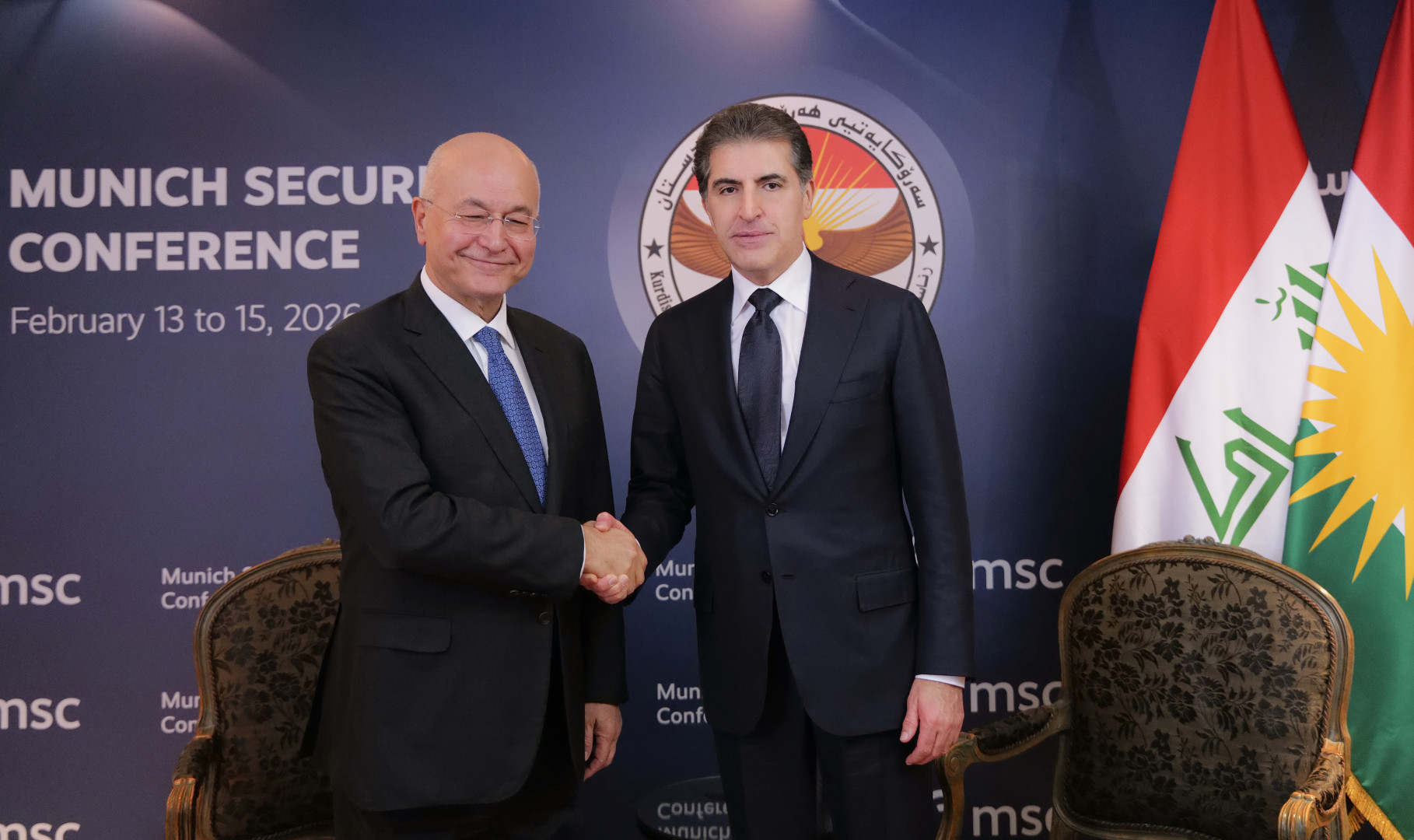

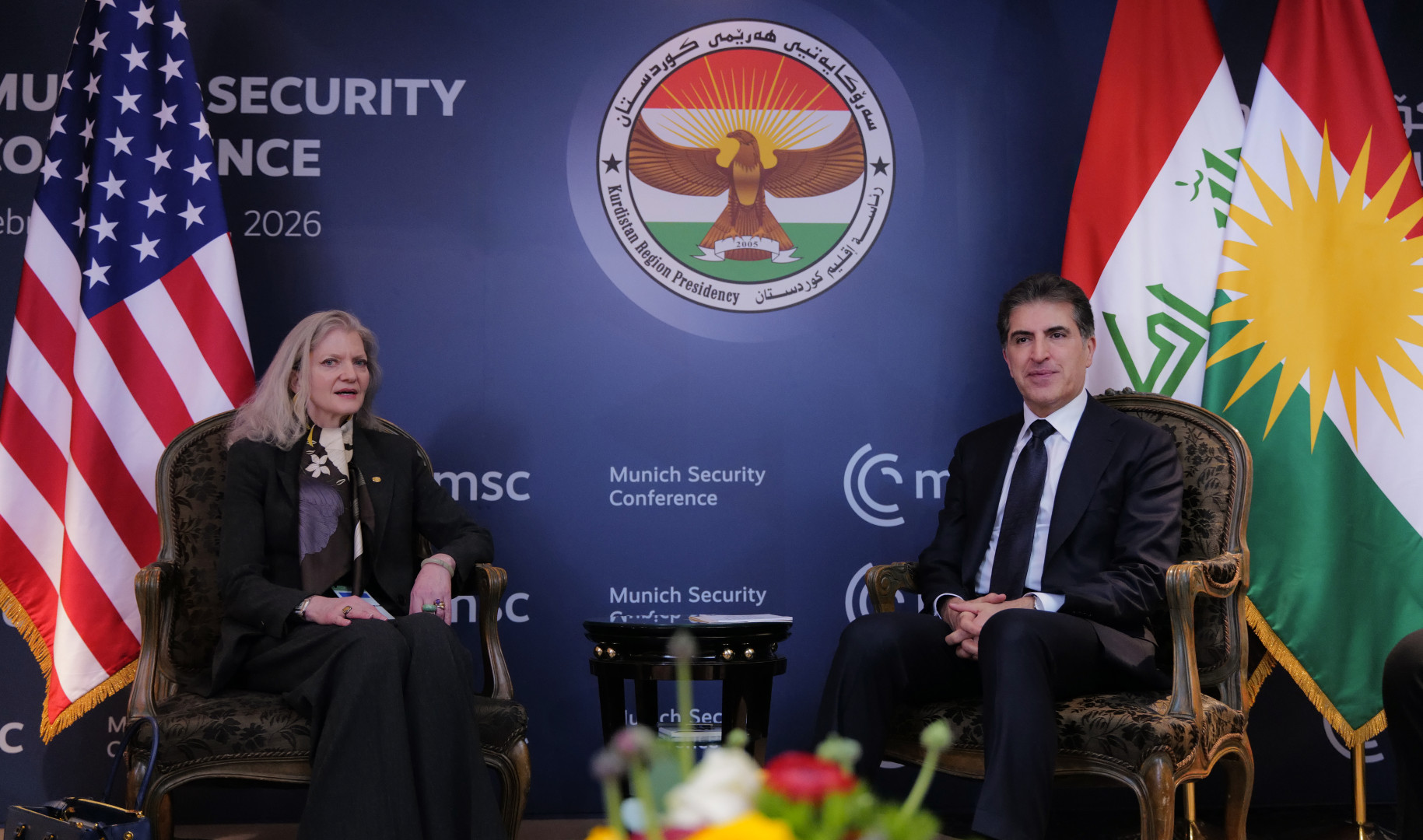



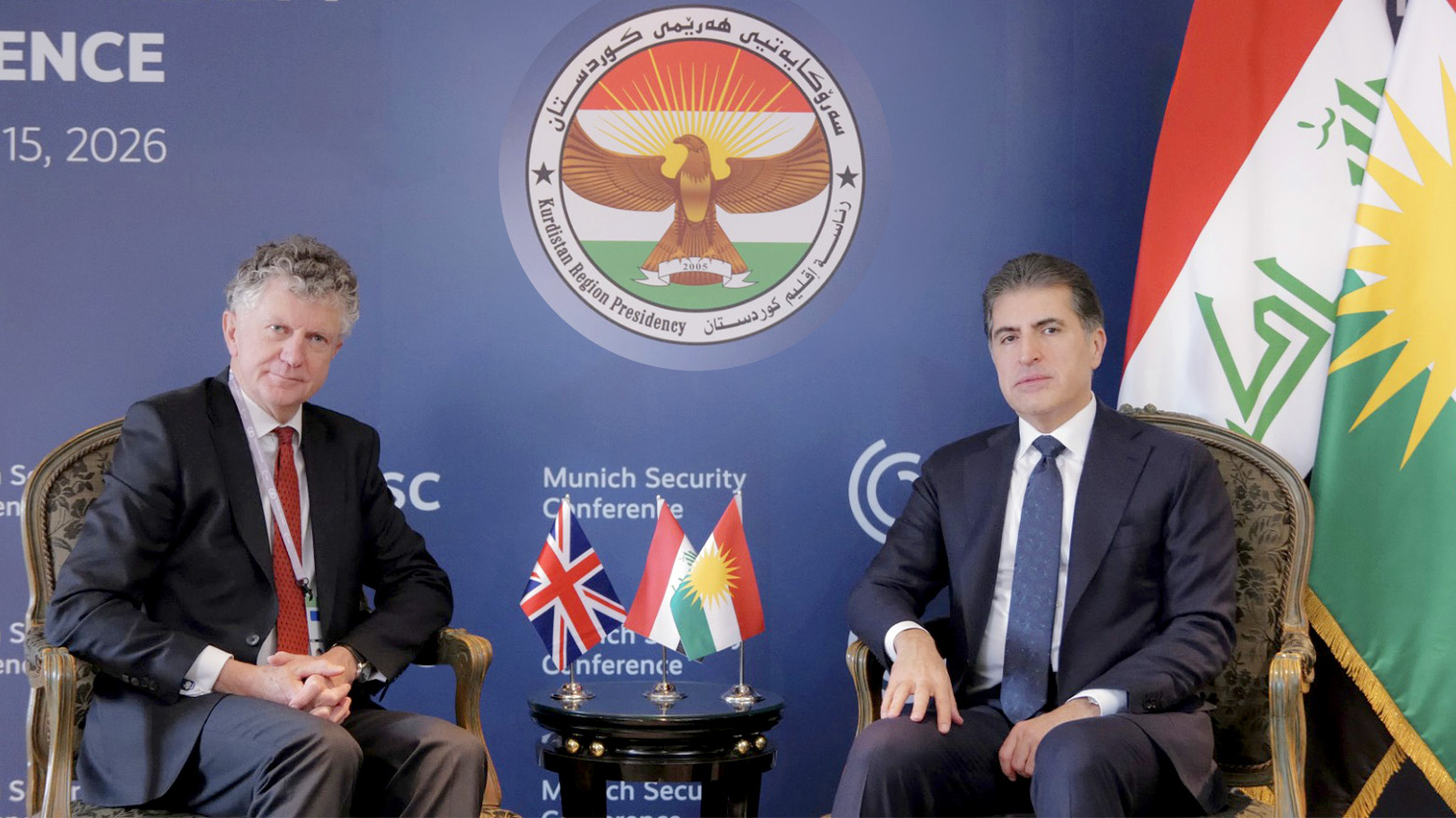


/file/attachments/orphans/AWS_Data_Center_Interior_4_838807.jpg)

